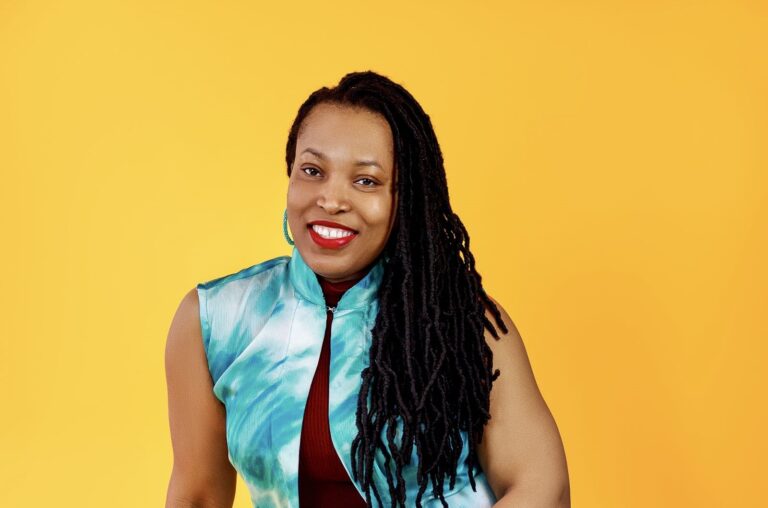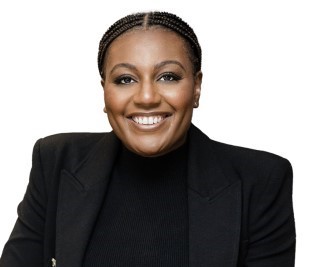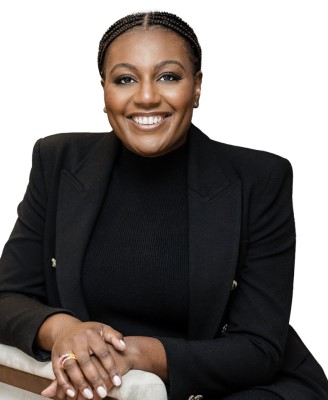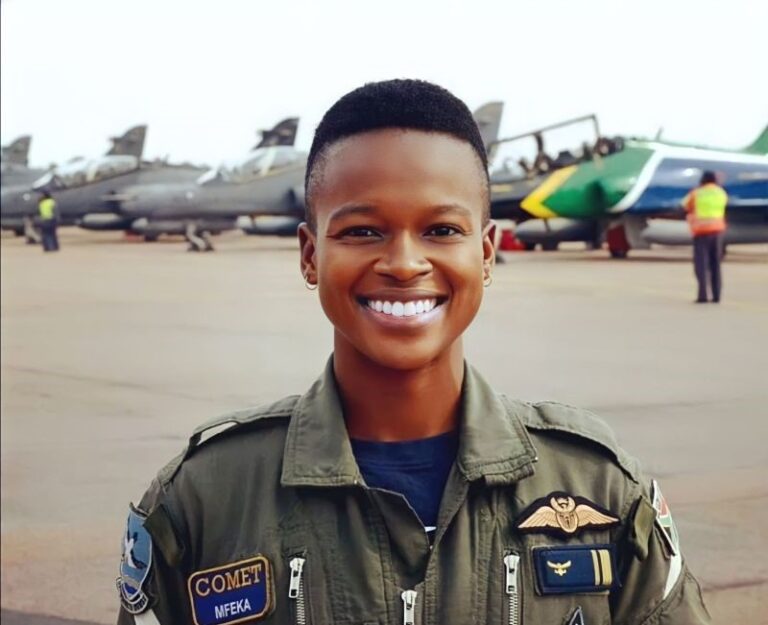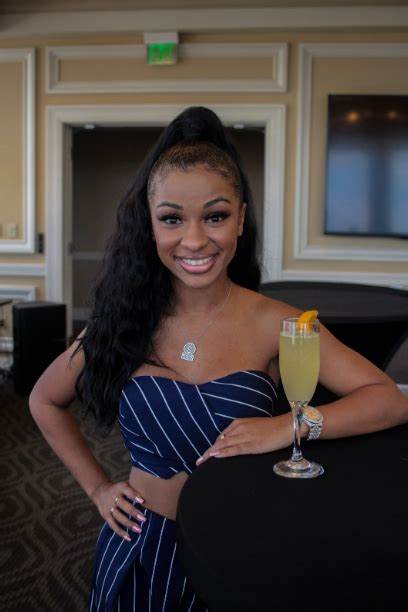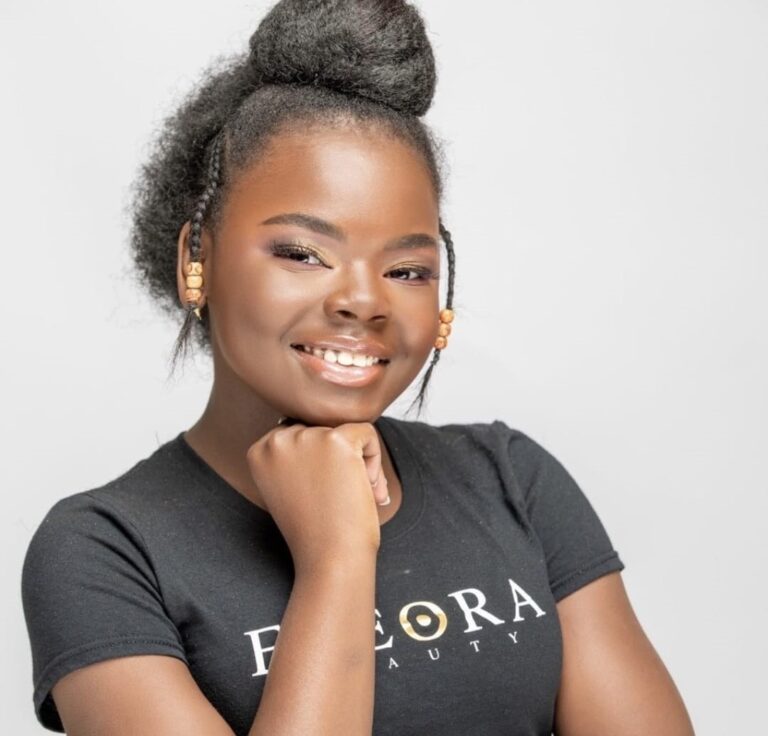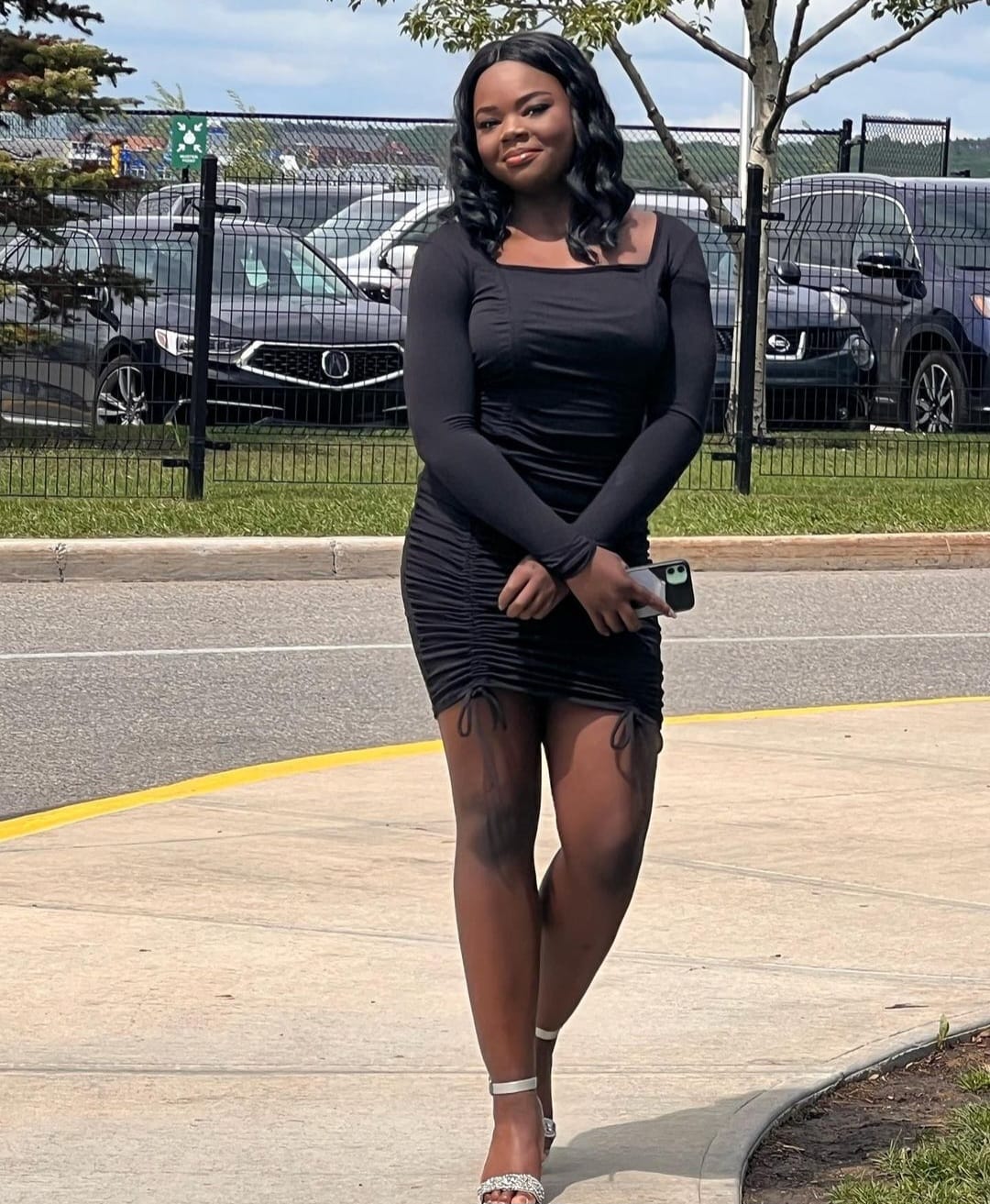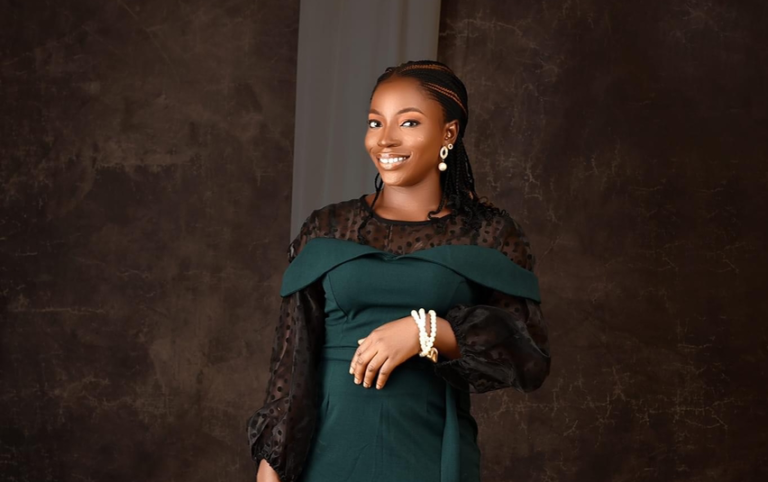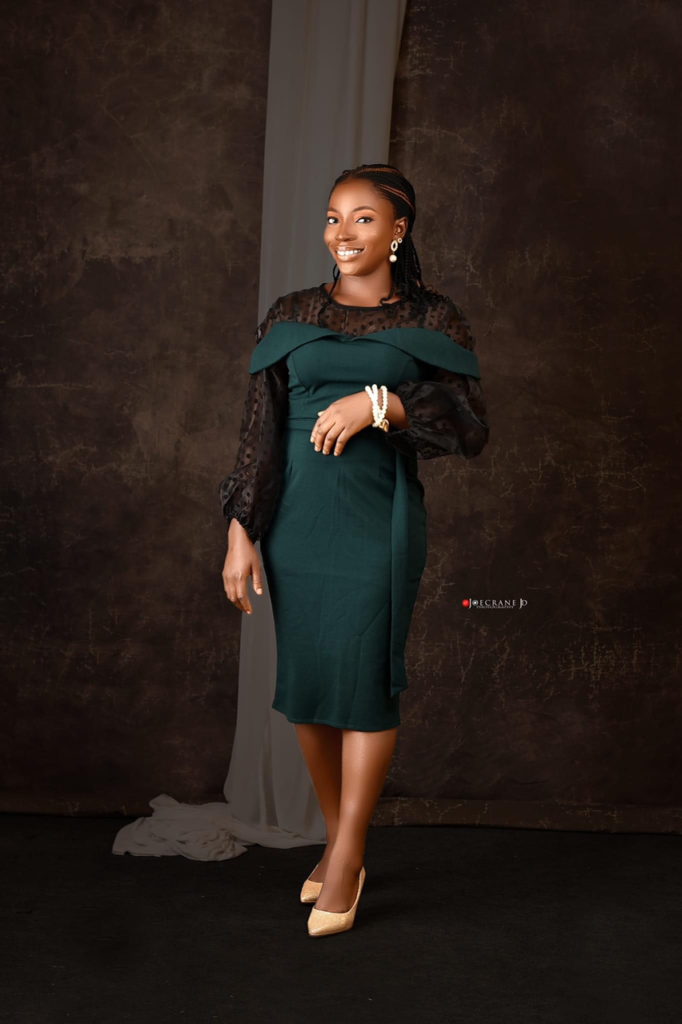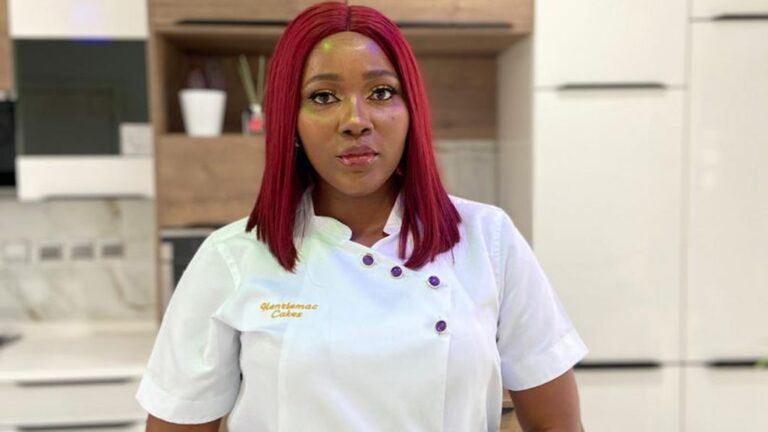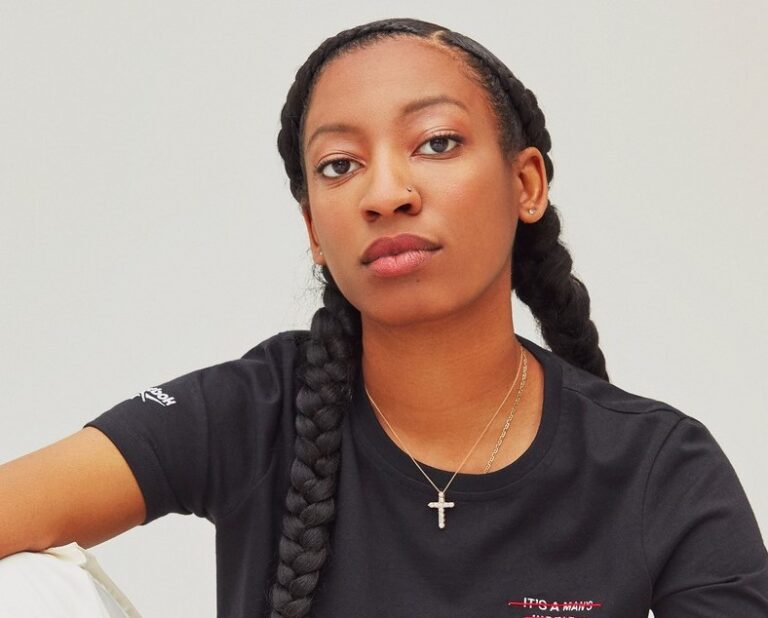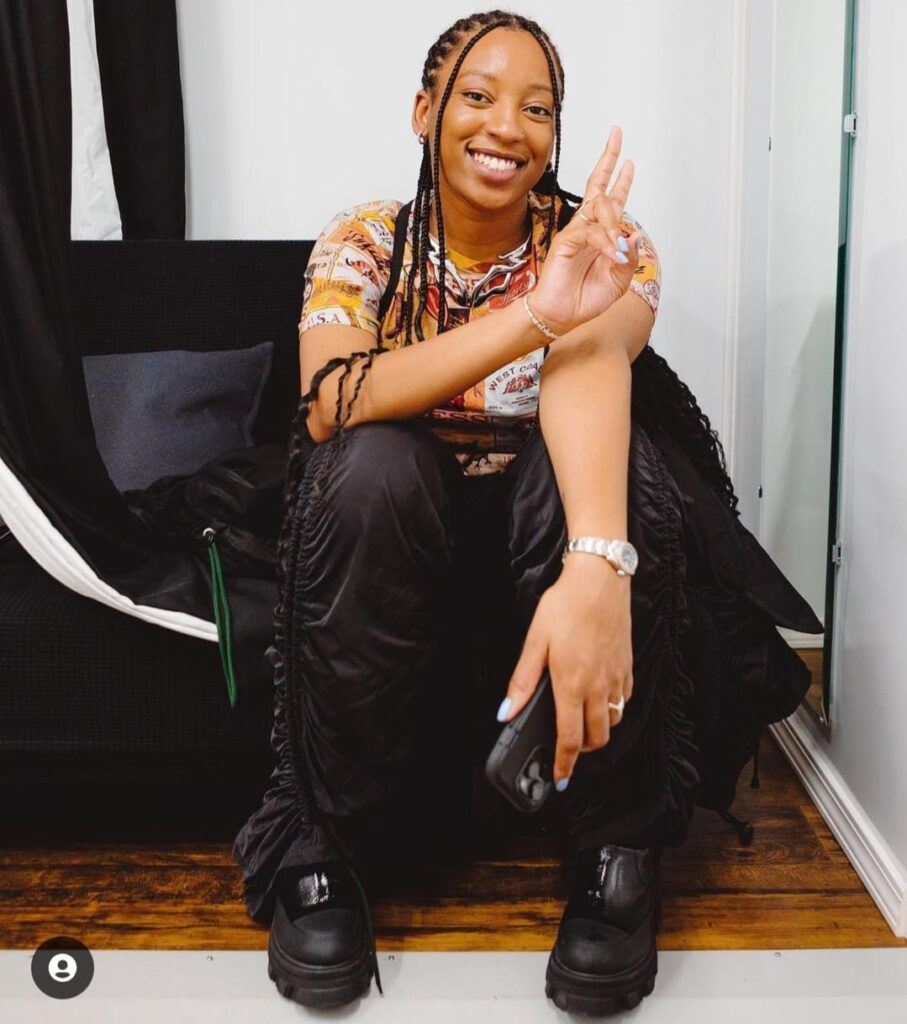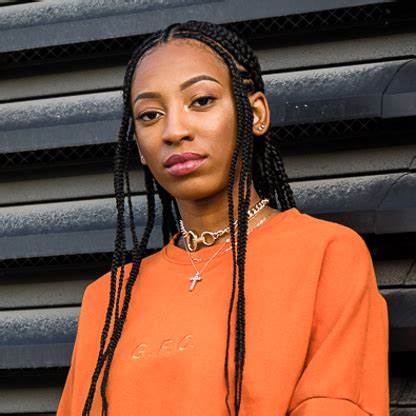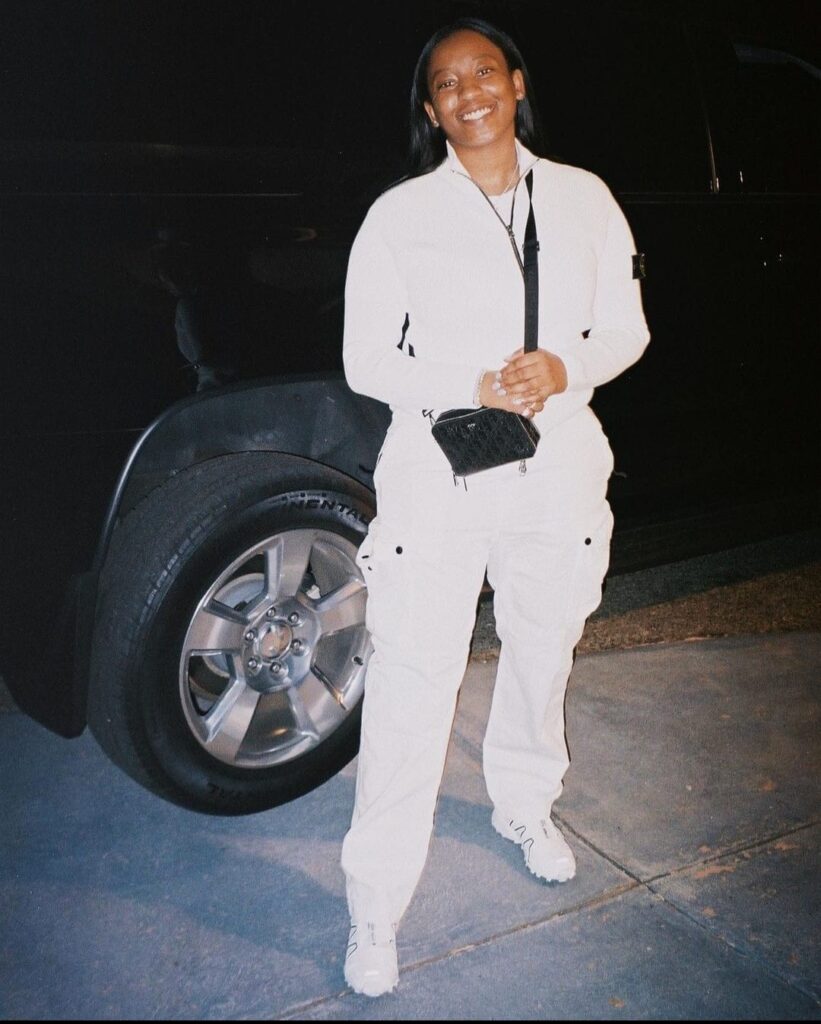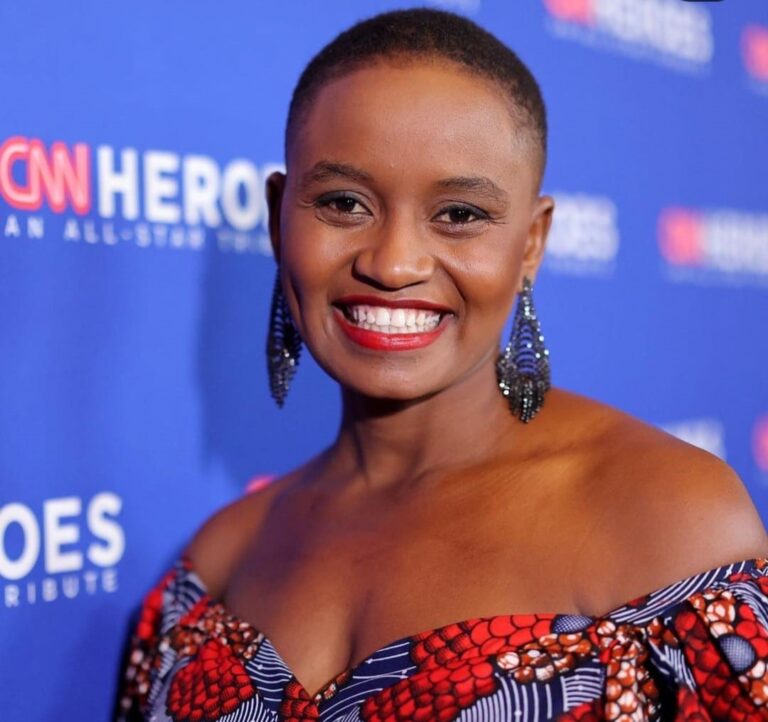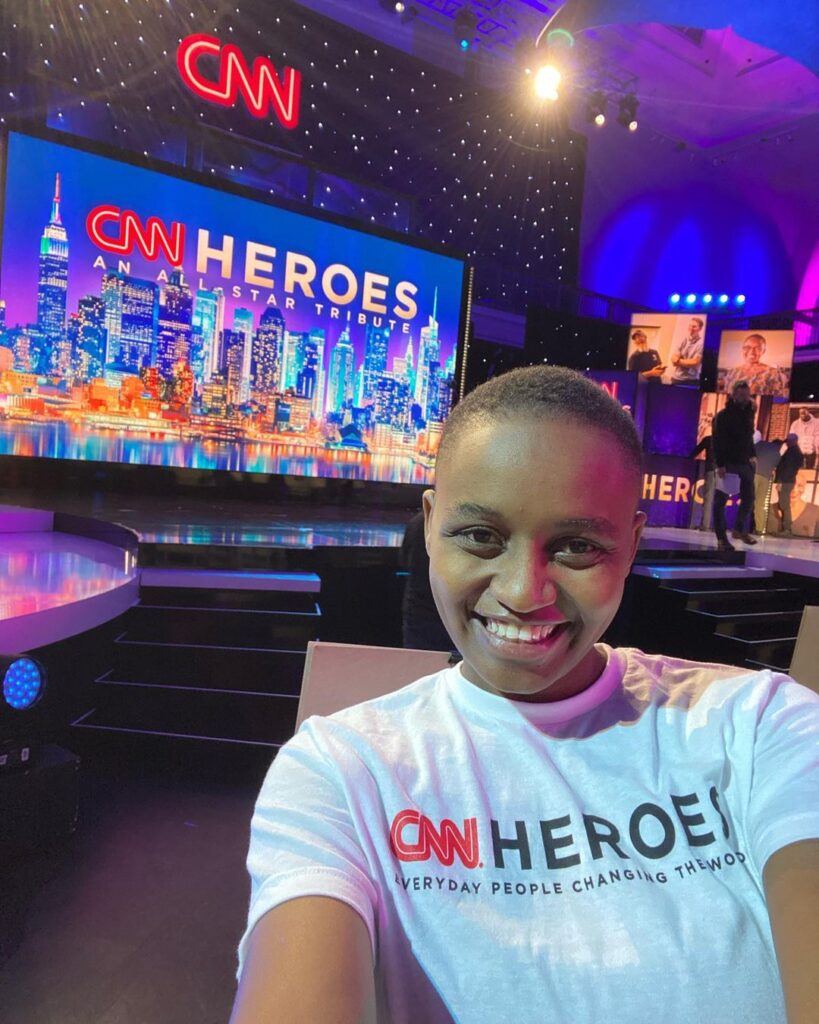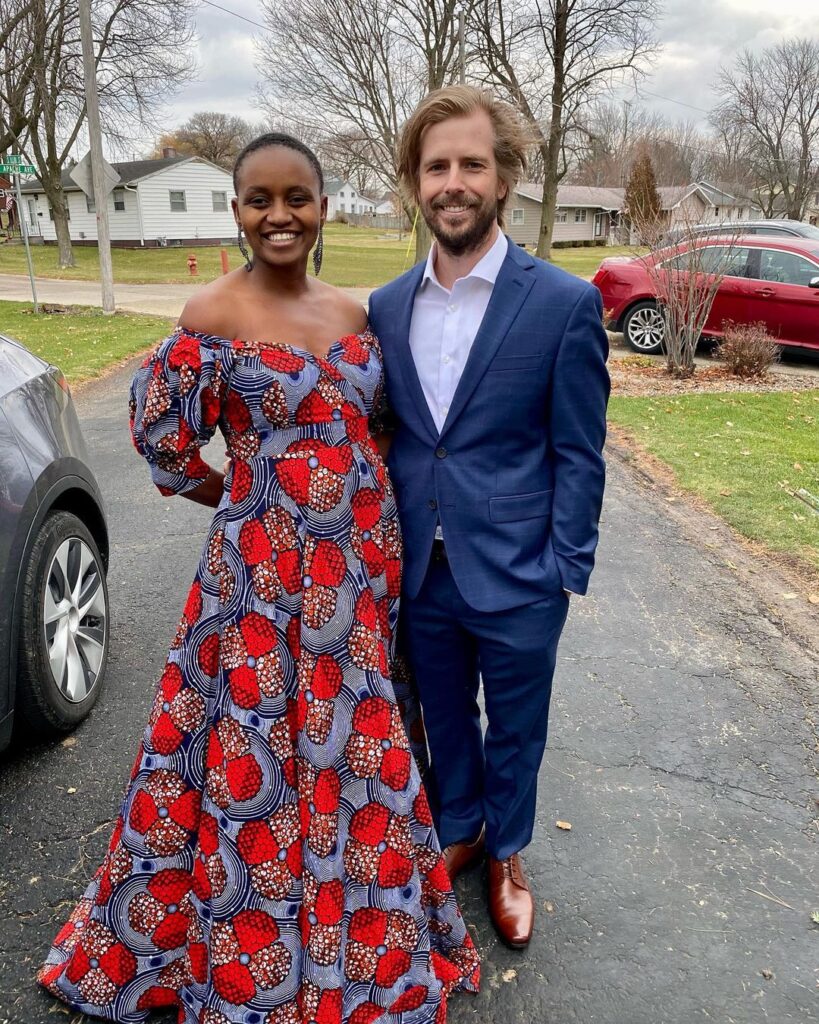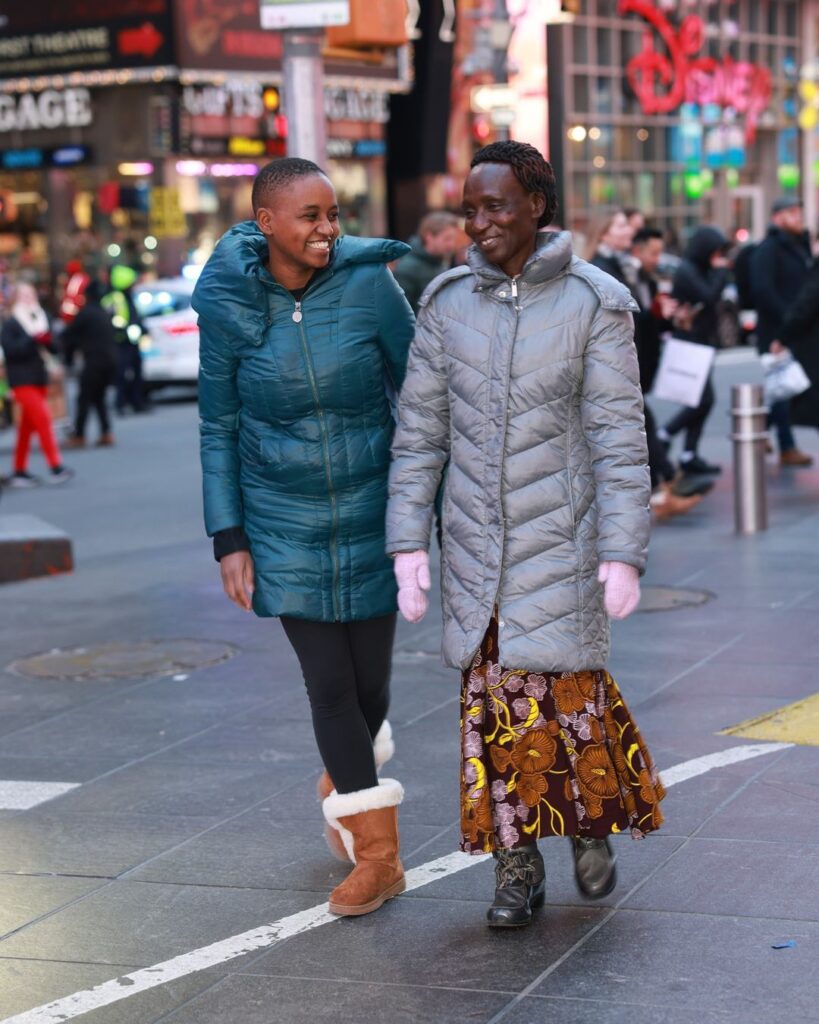Blessing Timidi Digha has a wealth of knowledge when it comes to Female Genital Mutilation. She is a Community Based Researcher with over twenty years of experience working on issues centered around Gender Based Violence.
Blessing does a lot of counselling around Sexual Reproductive Health and Rights and she is very vast at the work she does. She works with individuals, communities, stakeholders, gatekeepers, organizations and most importantly, Policy makers using community mobilization and engagement techniques for the purpose of social justice.
She has played different roles in the success of different policies in Nigeria, Africa, and Canada either through high level meetings, sensitization, training, contributions .
One thing that makes Blessing happy is seeing the young feminists she has mentored over the years make giant strides and contribute to the conversations, policies and rights of girls and women globally.
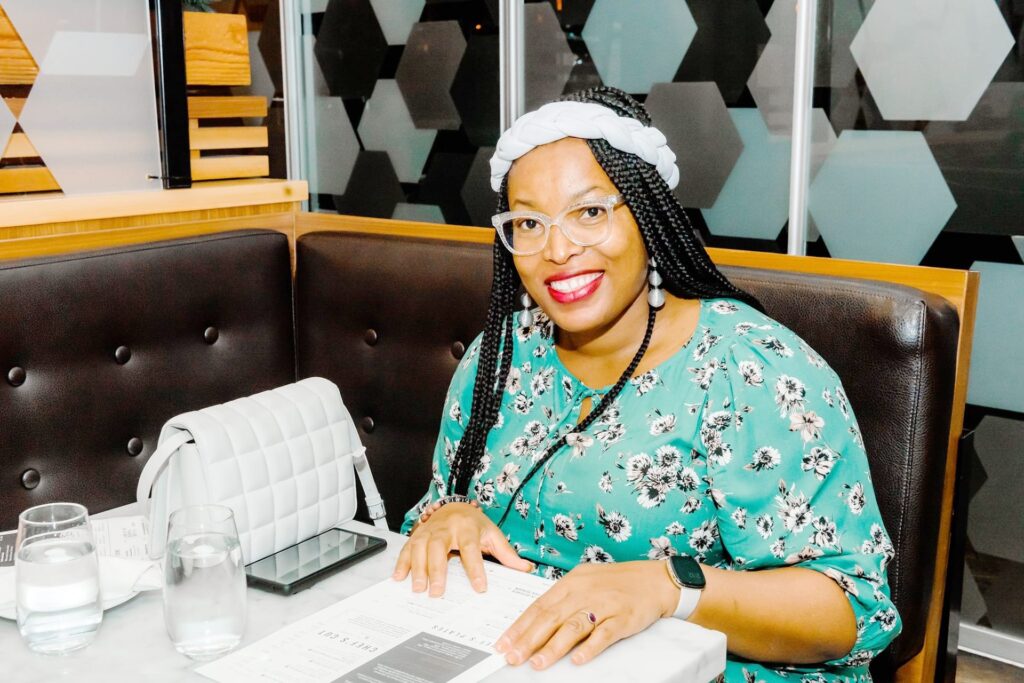
She works part time with the Nigerian community in Canada providing support, client management, and referrals in a prominent non-profit organization and works in the movie industry building and rigging sets.
In this interview, the fearless feminists share her inspiring story with Esther Ijewere
Childhood Influence
My childhood prepared me for what I do now, everything has added up to this moment and the future to come. I grew up in Kaduna alternating between my parents and grand aunt’s house. I grew up having people advocate for me and most importantly giving me room to advocate for myself. Asides church and school, both parties always ensured I picked up a skill or joined extracurricular activities like the famous Space2000, sports learning instruments etc., I did not always like it but every skill I have picked up along the way has contributed to my life. I also had my rebellious phase.
My Passion For Sexual Reproductive Health And Rights (SRHR)
When I was ten or so, one of the sisters in church was seen with a brother in church. Guess who everyone had smoke for? The sister. I remember asking why Bros J was exempted and the answers did not make sense to me at the time, but I also remember my mom sticking up for her and saying if she was going to get punished then he too had to be punished (my mom faced her own share of criticism for this move). It stayed with me for a long time. Then I got pregnant as a teenager and that experience changed my life forever.
From trying to get an abortion and deciding against it because of how dirty and scary the place was among other reasons, the stigma, my parents having to stand up for me, registering and attending antenatal, teenagers confiding in me, me starting a sexuality education club launched me fully into SRHR. The more I worked and related with people, the more the scope of what I was doing increased.
I was just doing my thing in one small corner in Ogbomosho and boom, I was growing, learning, unlearning, and rising through the ranks. People wanted to listen to me not just because I had professional experience but here, I was, a living experience of how SRHR impacts girls and women.
One experience that has also stayed with me and I have talked about this a lot is talking to secondary school students about abstinence and this student stands up and asks me what about those who were already sexually active, don’t they deserve information, resources, services, and support.
Managing My Role As A Feminist, Advocate, Storyteller And Community Based Researcher
Thankfully, all these roles intersect, managing these roles comes with a lot of listening, confidentiality, unpacking my personal biases, humility, passion, learning, unlearning, field work, talking, data, taking up and giving space to others.
Journey Since I Became An Advocate
Fulfilling. Very fulfilling. It has its difficulties and takes a lot from one individually and as a collective, but it is very fulfilling. I have learnt so much and in the same vein, I have contributed so much to conversations, policies etc. globally. Feedback, especially when someone comes back to say something you said or did contribute to xyz in my life, it gives drive to do more. When I am quoted in certain rooms and data, it makes the work worth it. The women saved from abusive situations, girls & women saved from FGM, the policies, research, movements one has been and is a part of among others all add up.
My Thoughts On FGM As It Relates To Africa, Especially Nigeria
We still have a long way to go with Female Genital Mutilation in Nigeria and Africa as a whole, yes I admit that progress is being made but there is still a long way to go especially as FGM is now becoming more medicalized (carried out by more medical practitioners to argue for its safety) and type 4 becoming more rampant (Type IV includes pricking, piercing, incising, scraping, cauterization, nicking of the clitoris, burning or scarring the genitals, introducing substances into the vagina to tighten it, Labia stretching among others). We need to go beyond the beautiful laws we have on paper to effective implementation and systems in place.
My Work In the Non-Profit Sector
I work in a non-profit organization providing client management, support, referrals, information, and services to the Nigerian community. Initially, the role catered to Nigerian women providing a safe space for conversations and interventions, but we eventually expanded the role to cater for the entire community – men, women, young people etc. . The lessons I have learnt is that first, a lot of Nigerians associate shame and stigma with accessing numerous services especially if they are free or government provided/subsidized and so I get to be creative and meet people where they are to ensure they access these services. Second, Nigerians are not unlearning certain mindsets when they migrate and get in trouble because of it.
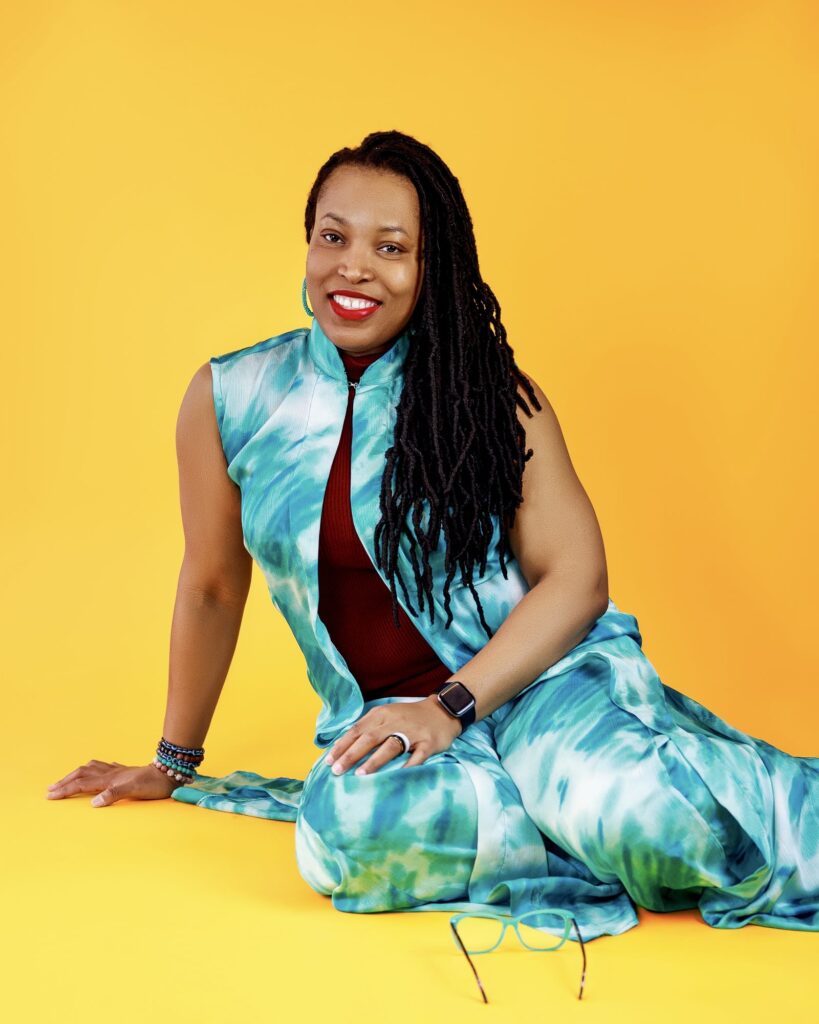
Importance Of Therapy To Healing
Therapy is very important to healing. It helps you hold up a mirror to see yourself. You can have Jesus, Allah, Ifa , and still see a therapist or psychiatrist. Therapy helps you unpack so much in a safe environment, but you must be willing to put in the work. Therapy is work, I always tell people “If you are going to lie to your therapist (or psychiatrist), then maybe you should not be in therapy.” Therapy is work, there are days where you will scream your lungs out, shed ugly tears, keep silent, sleep off etc but it is important. There are also certain milestones or experiences in your life that will demand that you go for therapy e.g., divorce, loss associated with death, migration.
Challenges
Boundaries, Pedestals, unnecessary/unrealistic expectations and demands.
Other Projects And Activities
I work part time on movie sets doing construction and electricity, I love it so much. It is exciting to be a part of building and taking sets down especially the finished products when I can recognize the locations. I watch certain movies I have been a part of and smile from the cockle of my heart.
I studied Food Science and Engineering in the university, and it is always refreshing to apply the knowledge from all those mechanical and electrical electives on set. I do content creation on women’s issues and lots of consultancy on these issues. I am also into research as a freelance researcher while transitioning into academia. The thing is that I am a creative, so I have my hands full with a lot of projects and activities as an individual and through collaborations.
I am currently setting up my home studio so I can record with ease and at any time. Who knows, in the future, people can get to use the studio but for now, it is mine to use. I have gone back to my pole dancing classes, I started pole dancing as a form of fun and exercise during the pandemic and stopped when everything shut down, I am back at it now.
What Do You Enjoy Most About Your Job
The fact that I am doing something that impacts another girl and woman positively. The versatility of the job is also intriguing, you can be anything you can to be with the right experience and education.
Three Women Who Inspire Me And Why
* My Mom– She is a go getter, always working to get better in her personal and professional life
* Me– I am learning to blow my own trumpet and I have put in work, passion, and time to impact lives plus I keep showing up every day despite all life has thrown at me.
* Bola Aramowo-Badejo– go getter per excellence, she grounds me, tells me the truth even when I do not want to hear it. She inspires me to get a PhD and be the best in my fields.
What We Can Do Better As A Society To Support Women In Abusive Relationships
The society needs to do better about stigmatizing women in abusive relationships, laws and policies should cover the different scopes of abuse not just physical abuse, government led initiatives must be readily available. For example, shelter systems, rapid responses (private led initiatives should complement existing government structures not the other way round).
One Thing I Wish To Change In The Development Sector
Better pay. The development sector does not pay enough for the work people do and this impacts a lot of the outcomes we see. It is not enough to ask people to come with passion, passion does not pay the bills, money pays the bills. Another thing will be the gatekeeping especially of the younger ones, the fact that someone is younger does not take away from the expertise they have.
One Thing People Do Not Know About Me
I am an introvert to the core, though because of work and other factors I have been able to work on my people skills and communication, but introversion is my default state. I am also very shy which is funny because I get to talk a lot. I love kickboxing.
Being A Woman Of Rubies
I put my best into whatever it is I am doing and build tables and bridges for others especially other girls and women.
